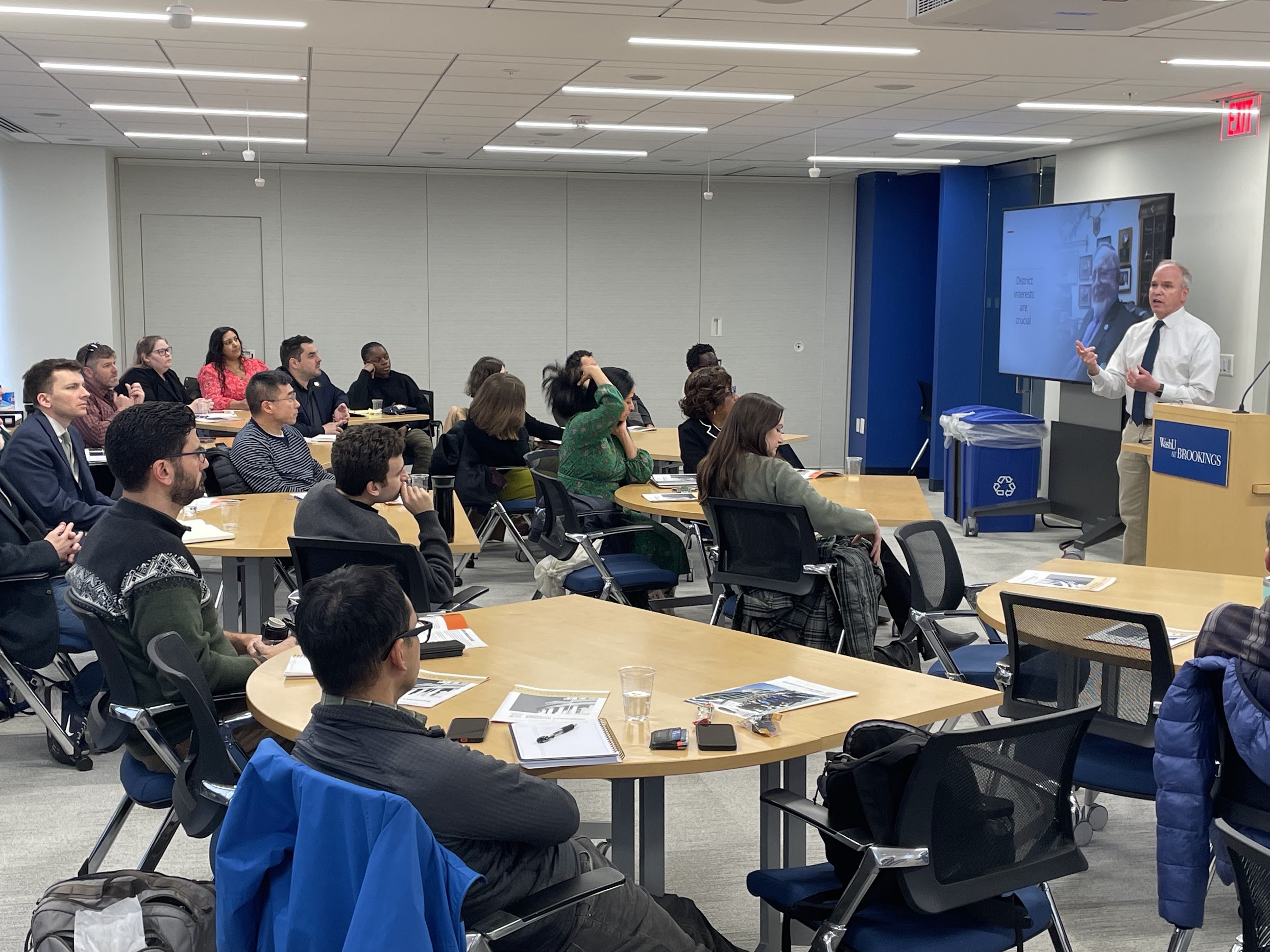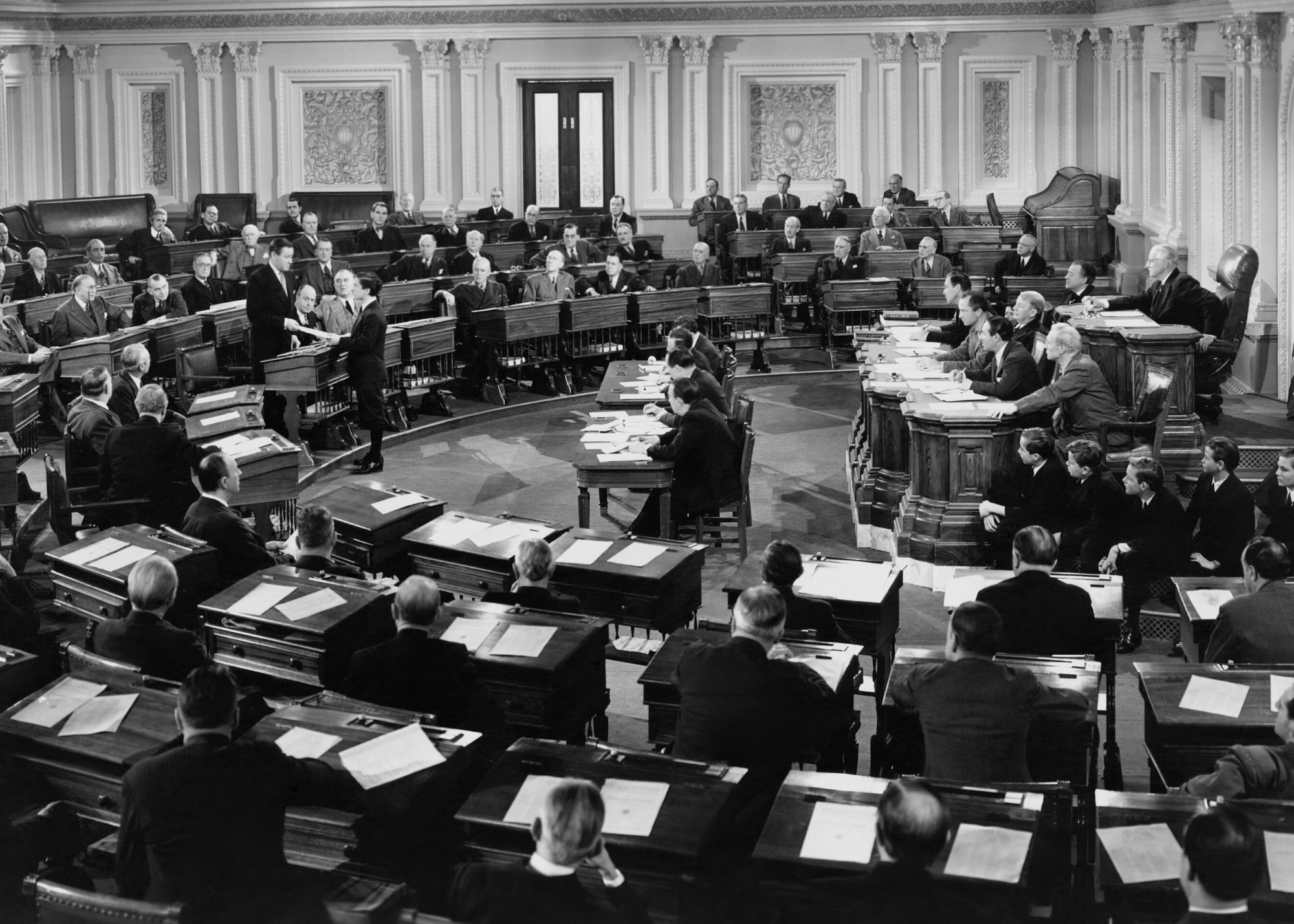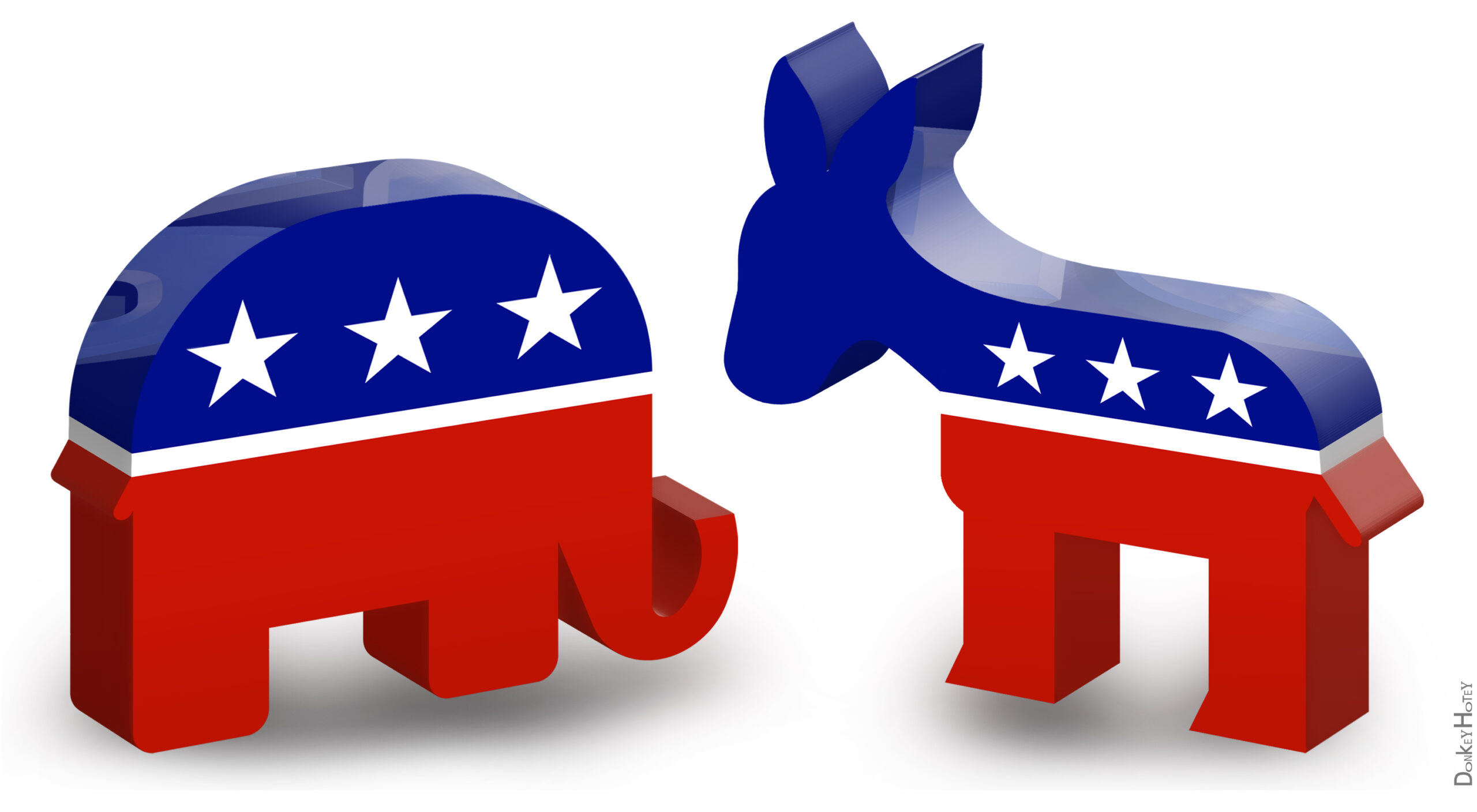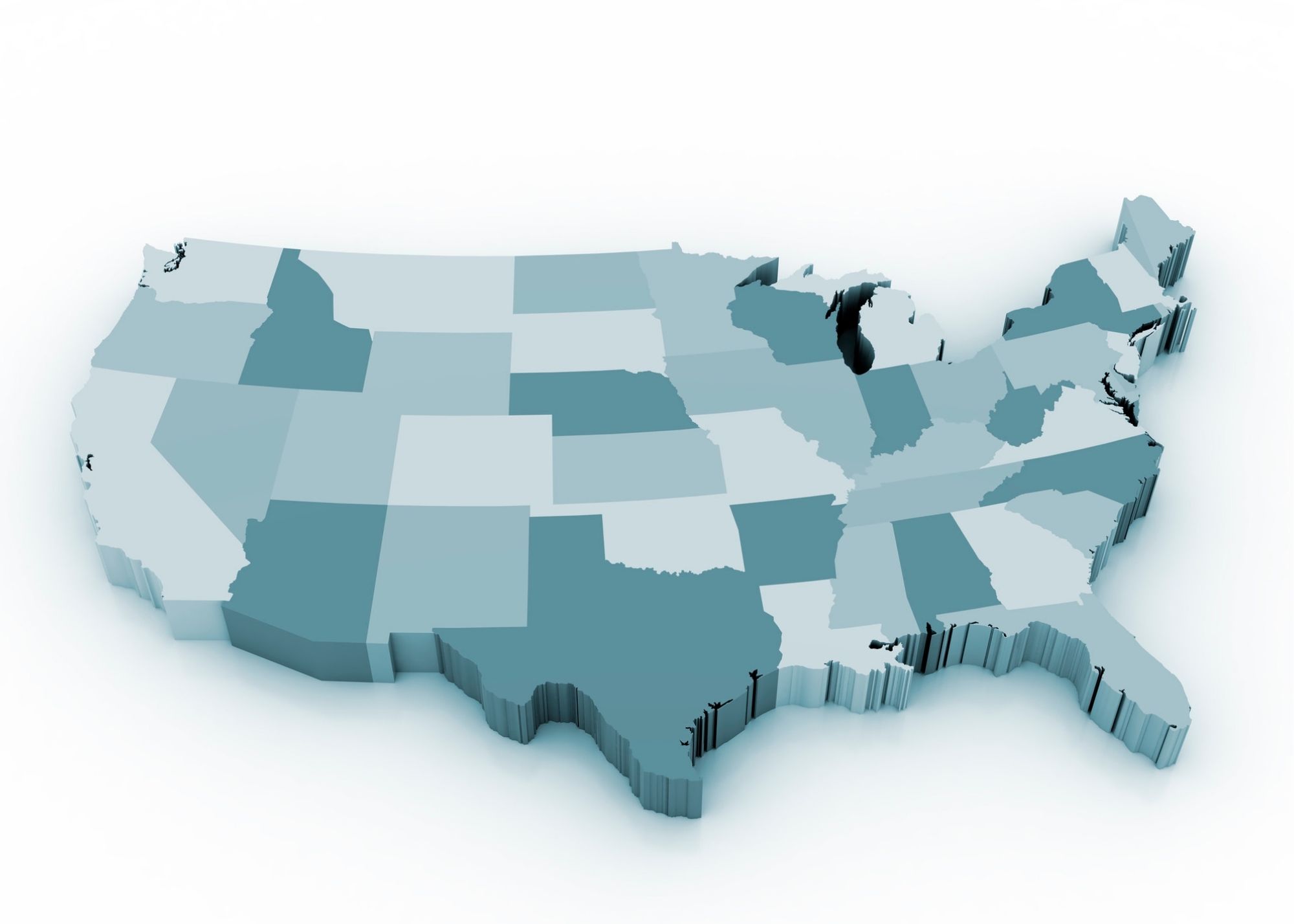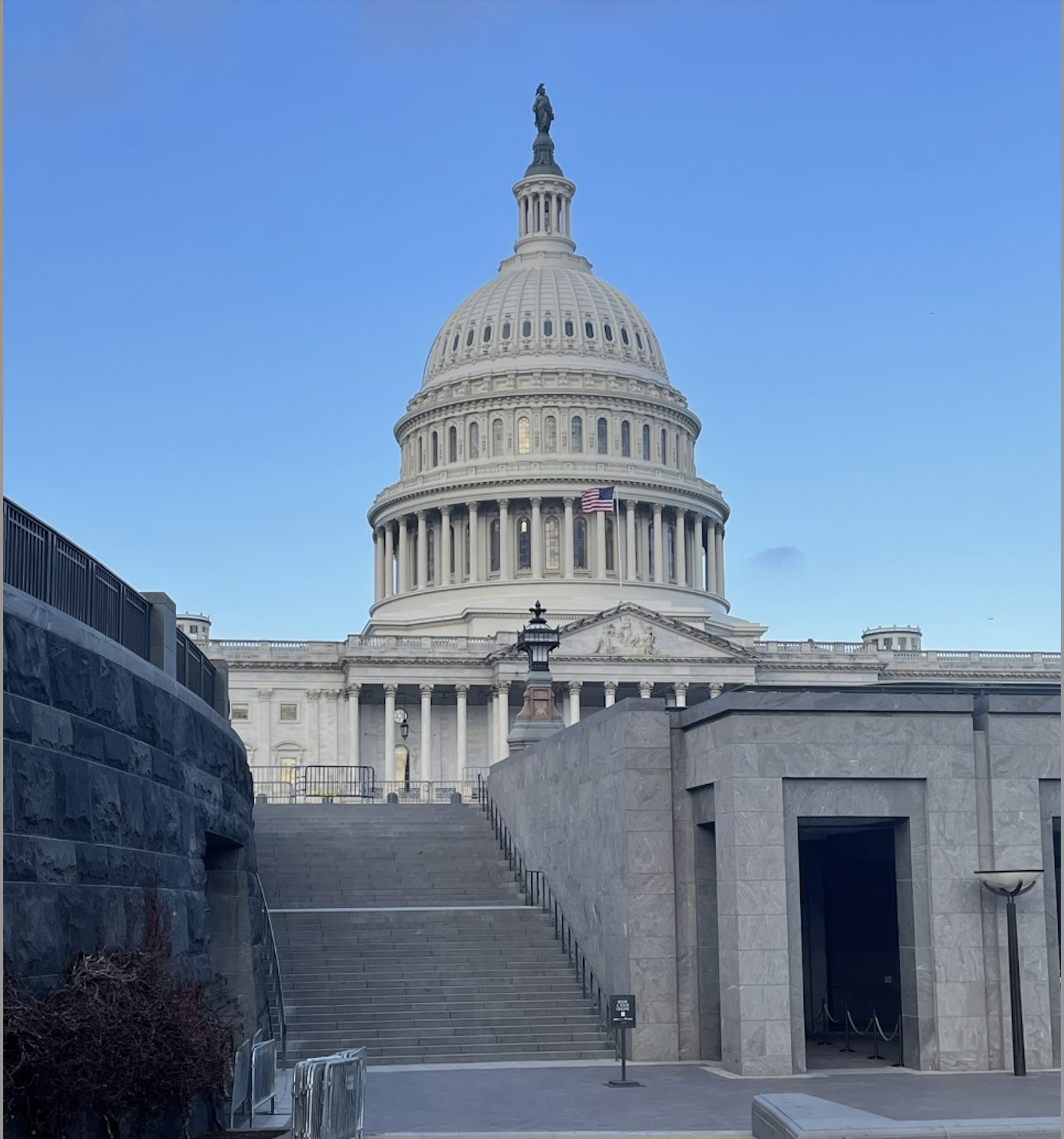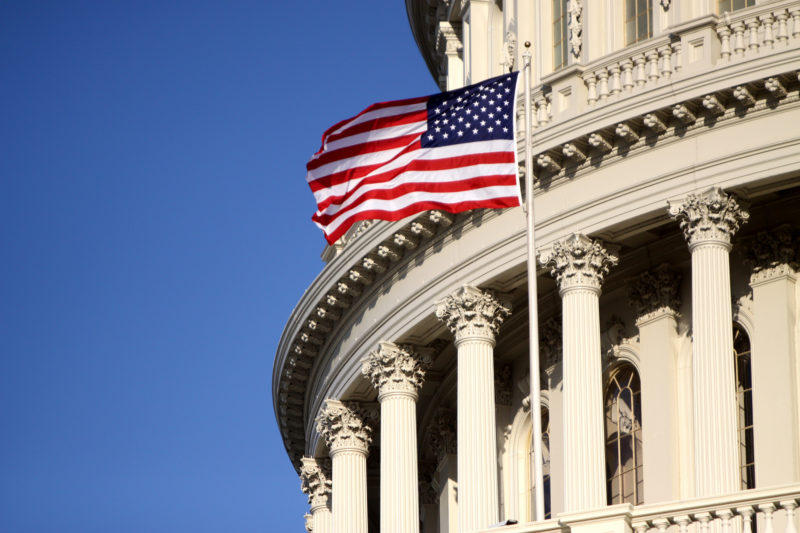CEL presentation to the LEGIS Congressional Fellows
CEL presentation to the LEGIS Congressional Fellows On February 23, 2024, the Center for Effective Lawmaking (CEL) gave our annual presentation to the LEGIS Congressional Fellowship program at the Brookings Institution in Washington, D.C. The LEGIS program is composed of a bipartisan group of professionals from government agencies selected by offices in both chambers of Congress to learn about the lawmaking process and serve as subject-matter policy experts for legislators. As in previous years, co-directors Craig Volden and Alan Wiseman (of the Frank Batten School of Leadership and Public Policy…

